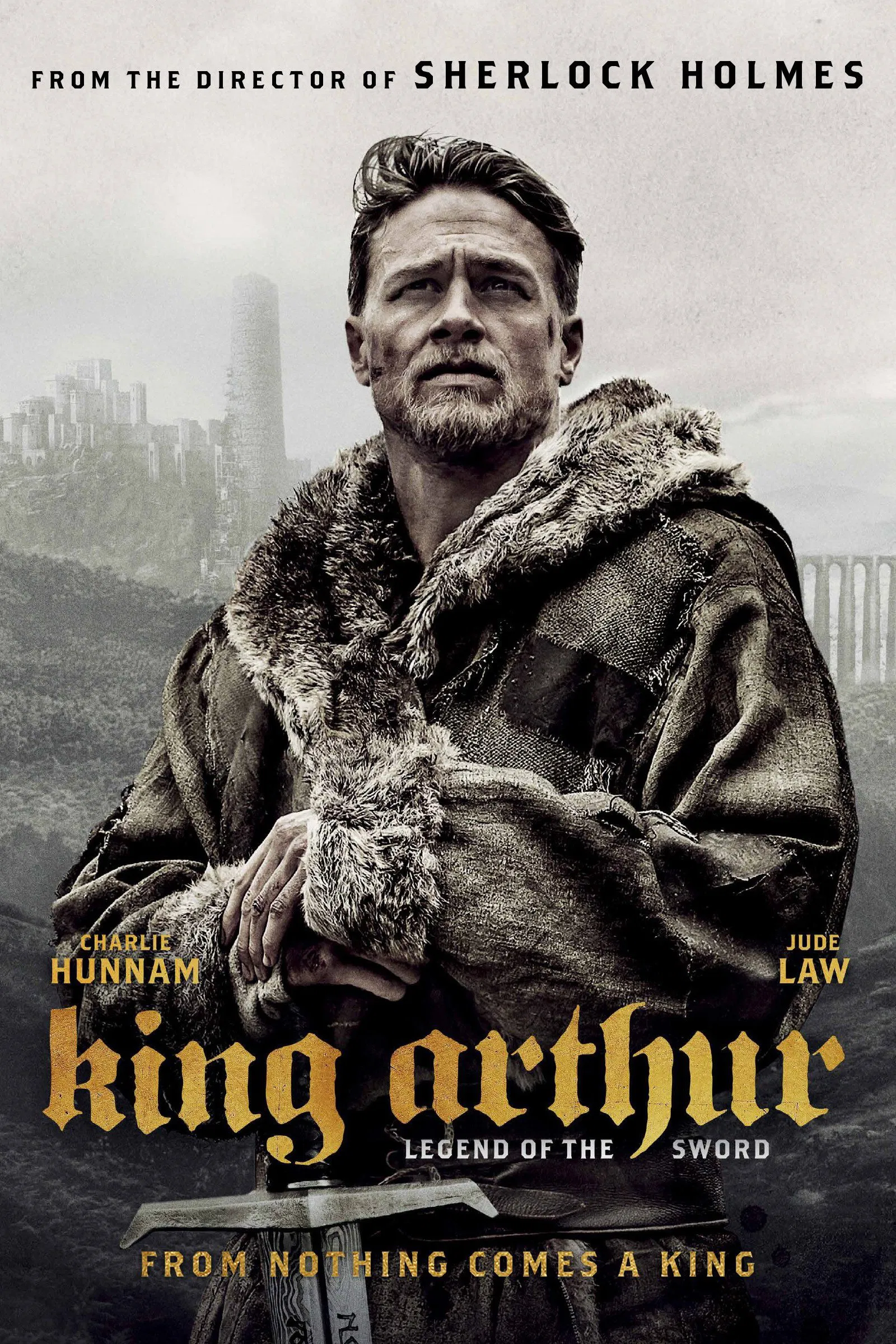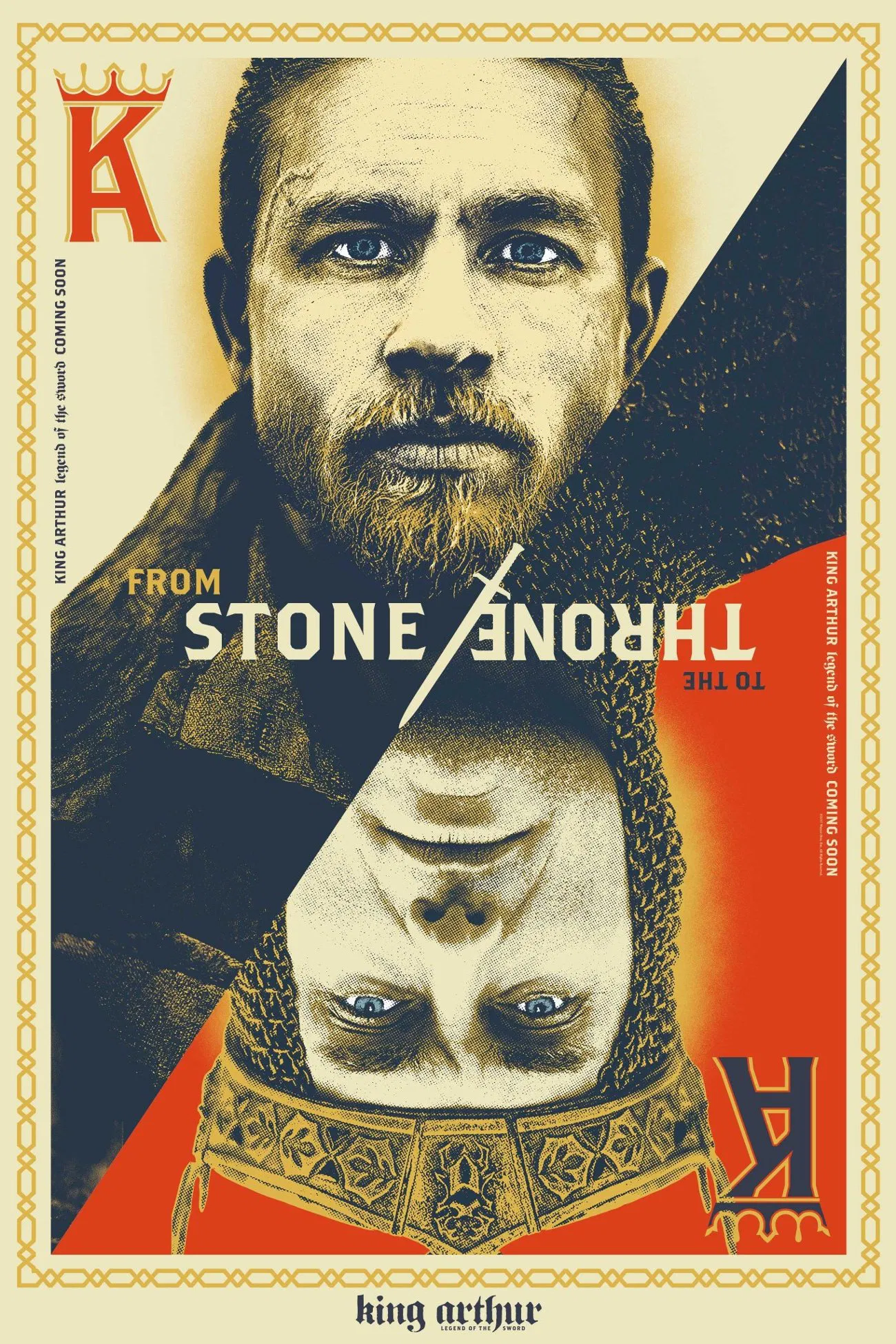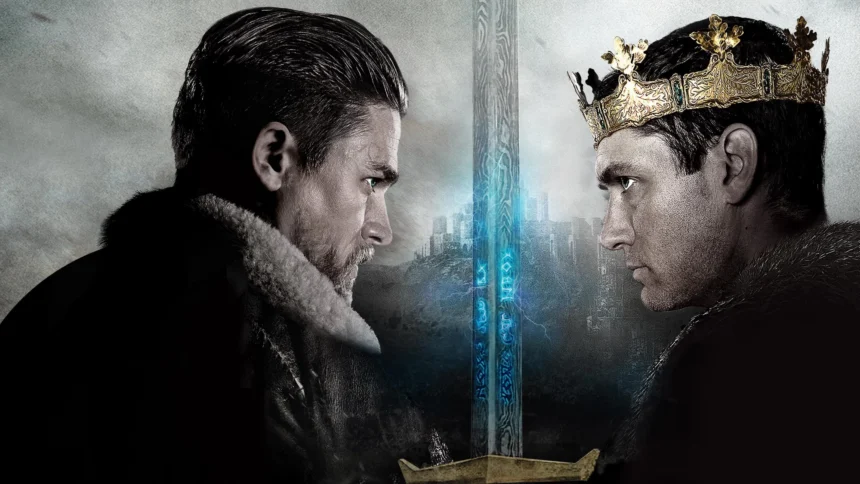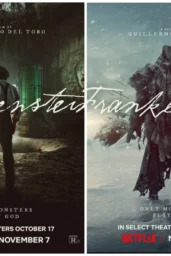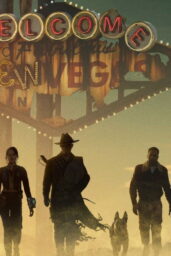Everyone in this movie is sweating. Seriously—was this shot during a medieval heatwave? Or is it just the sheer, unadulterated stress of trying to yank a magical broadsword from a stone while your power-hungry uncle sends assassins to… well, assassinate you? This is the grimy, pulpy, and utterly anachronistic world of Guy Ritchie's King Arthur: Legend of the Sword, a film that was so thoroughly slain by critics and the box office in 2017 that it's been a ghost ever since. A fascinating, beautifully ugly ghost.
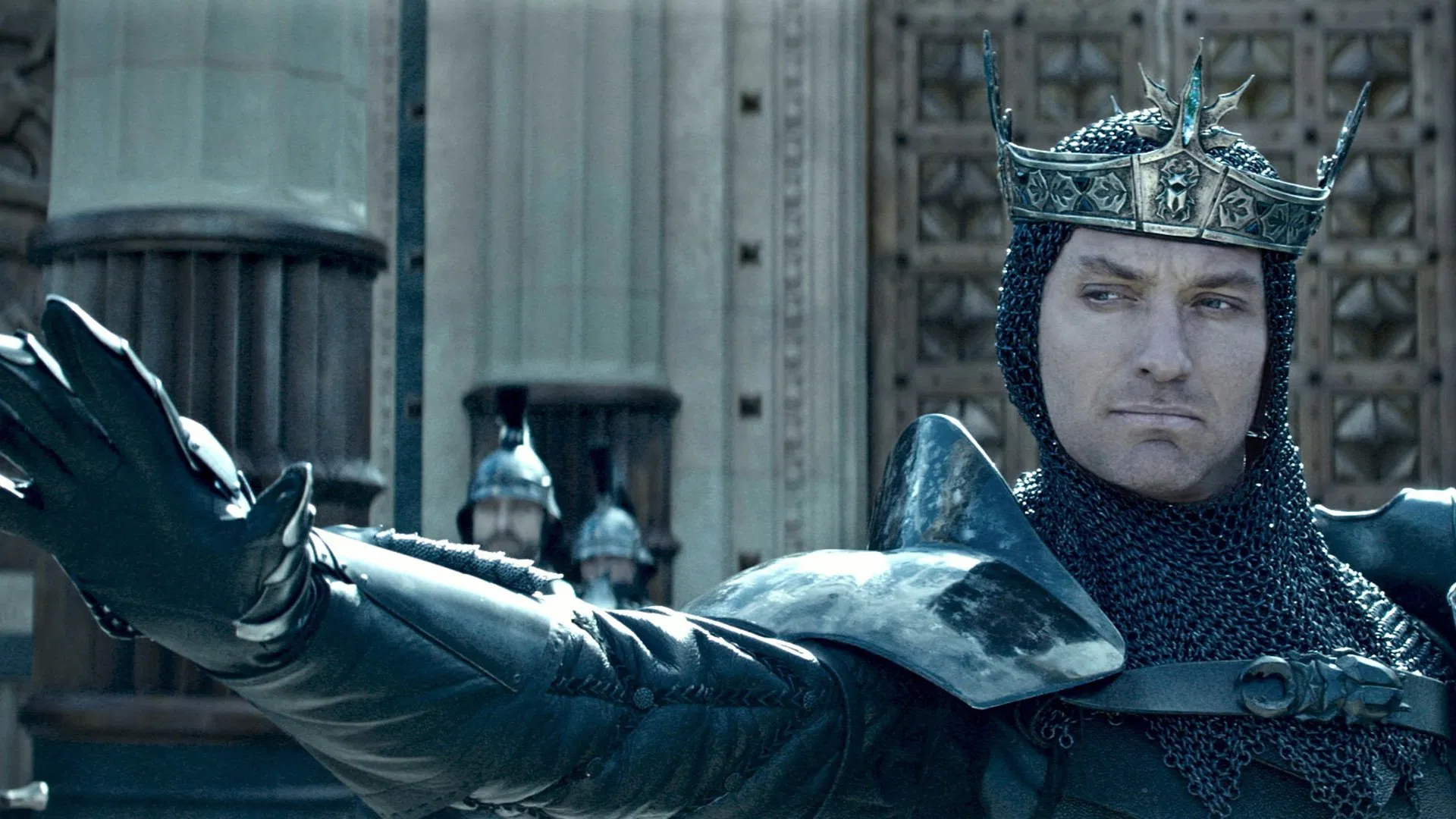
And now, it's back. Warner Bros. Pictures' forgotten action fantasy is set to land on the free, ad-supported streaming service Tubi on September 1. This is its chance. A shot at redemption far from the brutal economics of its theatrical release. Because here's the thing the Rotten Tomatoes score never tells you: the people who found this movie? They loved it. I'm one of them.
Ritchie, the maestro of cockney capers and slick-talking gangsters, applying his wildly kinetic, fast-cut, rock-and-roll swagger to the Arthurian legend should have been a genre-bending masterpiece. Or a glorious disaster. Critics largely decided it was the latter, awarding it a “Rotten” 31% score on the Tomatometer. The consensus? That it “wipes out much of what made it a classic story in the first place.” Fair. But also missing the point entirely. This was never meant to be a dusty museum piece. This is a blockbuster as a mosh pit—chaotic, aggressive, and weirdly euphoric.
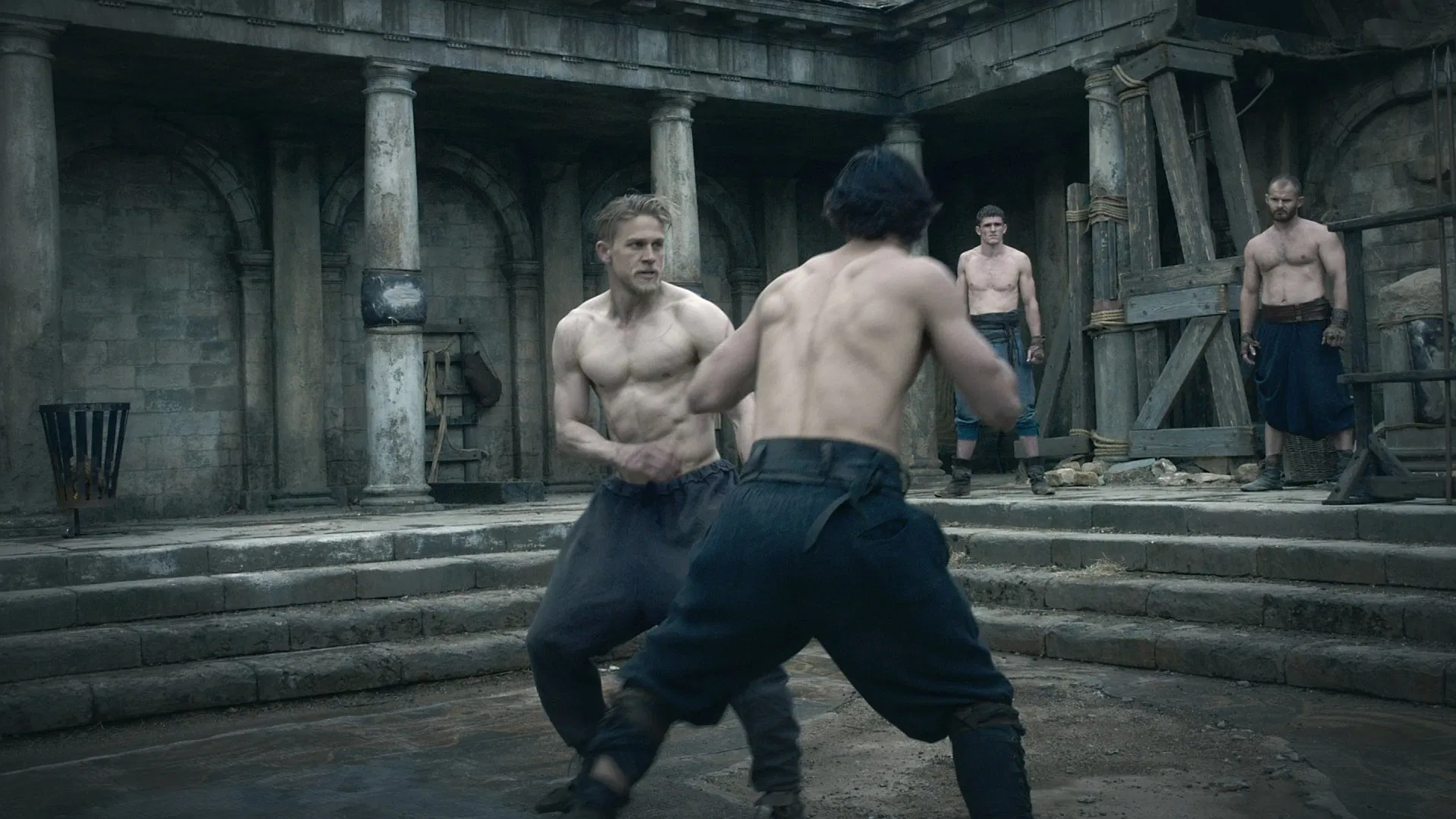

The plot is, well, Arthurian 101. Dad murdered (a stoic Eric Bana), uncle Vortigern seizes the crown (a deliciously sinister Jude Law, oozing venom), and the rightful heir, Arthur (Charlie Hunnam, all swagger and soul), grows up hard in the back alleys of Londinium. He doesn't know his birthright until he's forced to pull the sword Excalibur from the stone—a moment Ritchie plays not with awe, but with pure, body-horror terror. The power it unleashes is a curse before it's a gift.
And this is where Ritchie's vision either loses you or hooks you forever. The dialogue is pure anachronistic Ritchie-ism. The camera whips and zooms with reckless abandon. There's a training montage set to a thumping score that feels like it was ripped from a Sherlock Holmes sequel. It's grating. It's glorious. It shouldn't work… and yet, for a certain audience, it absolutely does. The film boasts a far more respectable 69% audience score on Rotten Tomatoes, a clear divide between the critics' ledger and the fans' fervor.
One user, Dave C, captures the sentiment perfectly: “Loved it the first couple of times we watched. Watched again recently, and that hasn't changed. It's a well told, brilliantly cast, cleverly directed telling of the tale.” Another, V W, simply concluded: “Wow! I can't believe the negative reviews. This movie was epic.” You can feel the frustration—the sense of discovering a cult object everyone else was too busy to understand.

Its commercial failure was catastrophic—a $148.7 million global haul against a $175 million budget, as reported by Variety, murdering Ritchie's planned six-film franchise in its crib. A shame, honestly. The world-building—with its giant elephants, mystical sirens, and dark magic—was begging for expansion. We were robbed of that potential saga.
But on Tubi, freed from the weight of its nine-figure price tag and franchise dreams, King Arthur: Legend of the Sword can finally be what it always was: a bizarre, ambitious, and fiercely original B-movie with an A-list budget. It's not perfect. It's messy and loud and probably 20 minutes too long. But it's also got more directorial personality than a dozen cookie-cutter superhero flicks. It has guts.
So mark your calendar for September 1. Don't pay a rental fee. Don't approach it like a history lesson. Crank the volume up, embrace the chaos, and see if you, too, can hear the faint, defiant echo of a film that was always fighting for its life. Maybe it just needed to find its kingdom in streaming.
So, What's the Verdict on ‘King Arthur'?
The Critical Massacre
It was brutal. A 31% on Rotten Tomatoes and a box office bomb that killed a franchise. The common complaint? Style over substance, Ritchie-isms over reverence.
The Audience's Rebellion
The fans revolted—or at least, they cherished what they got. A strong 69% audience score speaks to a film that connected on a visceral, energetic level with viewers at home.
The Ritchie Signature
Love it or hate it, the film is undeniably his. The rapid-fire dialogue, the stylized editing, the anachronistic cool—it's all there, transplanted into a fantasy epic with zero apologies.
A Second Life on Tubi
Streaming, especially free streaming, is the perfect afterlife for a cult film. Without the financial pressure, new audiences can discover and appraise it on its own wild terms.
